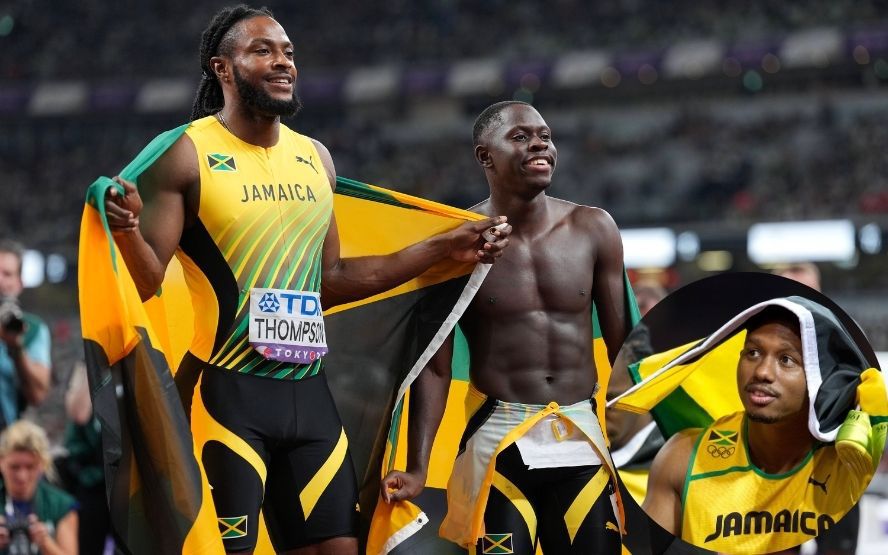Jamaica’s men’s 4x100m relay team is facing serious challenges ahead of the World Athletics Championships in Tokyo, Japan. Coach Michael Frater, a Jamaican sprint legend, has expressed concerns that the team might struggle due to several key issues, including inconsistent baton exchanges and a lack of team chemistry.
Frater revealed that preparations for the competition began later than expected, which has left the team with limited time to gel and perfect crucial baton exchanges. Despite having fast athletes, Frater emphasized that foot speed alone isn’t enough to win relay races. The team’s struggles in baton exchanges have often been their undoing in previous competitions, with countries like Japan, Canada, and Spain frequently outperforming them. These nations may not always have the fastest runners but have mastered the art of smooth baton handovers, which has proven critical in major events.
The absence of Bryan Levell, who had focused on the 200m and missed the relay camp, adds another complication. Frater noted that Levell’s participation in the relay event remains uncertain, further disrupting the team’s cohesion. With such a limited roster of athletes available, Jamaica is now racing against time to make up for lost opportunities.
Frater stressed the importance of team camps, which could have helped solidify the relay squad by allowing athletes to practice baton exchanges and work on building chemistry. Unfortunately, with only a few camps held throughout the year, the team now faces the consequences of this delayed preparation.
Despite these setbacks, Frater remains optimistic. With a few hours of practice left before the competition, he believes that if they can perfect their baton exchanges, Jamaica will still be a formidable contender. He cited valuable lessons learned from the team’s participation in the Diamond League Meeting in London, where they had the chance to refine their techniques.
As the men’s 4x100m relay heats approach, Jamaica will face tough competition, including teams from Kenya, France, the United States, and Canada. The top three teams from each heat, along with the two fastest non-automatic qualifiers, will advance to the final. With only a limited window of time, Jamaica’s relay squad will need to overcome its challenges to remain competitive on the world stage.

